14 Easy Money Moves to Cut Costs and Still Live Well
Saving money each month often feels harder than it really is. The truth is that you can lower costs while still enjoying your lifestyle. Many people are surprised at how much they can save by paying closer attention to everyday spending habits. Small choices, like changing how you shop or cutting back on certain services, quickly add up. Over time, these habits make managing your money less stressful.
This post may contain affiliate links, which helps keep this content free. Please read our disclosure for more info.
Cook More Meals at Home

Eating at home instead of dining out is one of the fastest ways to save money. Preparing simple meals allows you to control portions and avoid the high prices of restaurants. With a little planning, you can create weekly menus that make grocery shopping easier. Buying in bulk and using leftovers can cut down food costs even more.
To make this habit consistent, set aside time each week to plan meals. Stick to easy recipes that do not take much effort so you stay motivated. Packing lunches for work instead of eating out is another practical step. Over time, these changes free up a good amount of money while still keeping meals enjoyable.
Cancel Unused Subscriptions

Monthly subscriptions for streaming, apps, or magazines can quietly drain your budget. Many people forget about these charges because they are small but add up quickly. Reviewing your bank statements helps you spot services you no longer use. Canceling just a few can save you a significant amount each month.
To stay consistent, set a reminder to review subscriptions every two to three months. If you hesitate to cancel, ask yourself when you last used the service. Consider sharing streaming plans with family members instead of paying alone. These adjustments keep entertainment costs reasonable without feeling restrictive.
Use Public Transportation

Owning and driving a car every day can be expensive when you factor in fuel, parking, and maintenance. Public transportation often costs less and saves wear on your vehicle. Many cities offer passes that reduce fares when purchased monthly. This small switch can quickly show up as extra savings in your budget.
To make it part of your routine, map out bus or train schedules in advance. Use an app to track routes so travel is less stressful. If you cannot give up your car completely, try replacing just a few trips each week. Even small reductions in fuel costs can ease monthly expenses.
Switch to Energy-Saving Habits
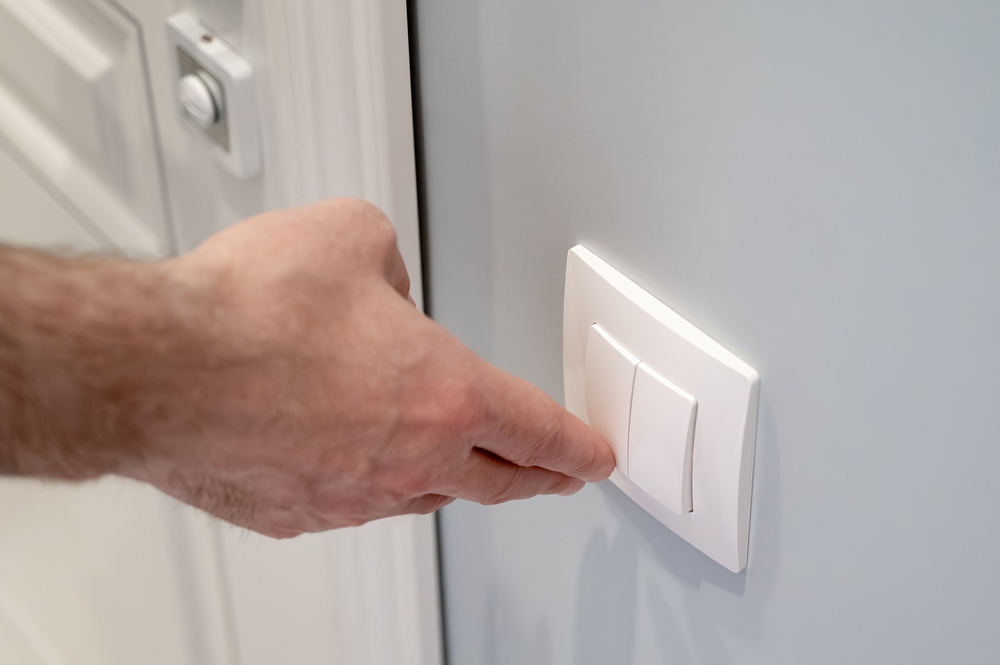
Energy bills can take a big portion of household expenses. Simple habits like turning off lights when leaving a room and unplugging electronics make a difference. Using energy-efficient bulbs and appliances can bring down costs further. Over time, these changes lower bills while helping the environment too.
To keep this consistent, build habits into your daily routine. For example, set timers for lights or use power strips that make shutting off devices easier. Washing clothes in cold water is another quick way to reduce energy use. Each small habit adds up to noticeable savings each month.
Buy Generic Brands

Name brands are often more expensive even when the product quality is similar. Switching to generic or store-brand items can save you money without sacrificing taste or effectiveness. From pantry staples to cleaning supplies, many generic items perform just as well. Once you make the change, you will notice the difference in your grocery bill.
To stay consistent, compare labels and ingredients when shopping. Try switching a few items at a time to see what works best for your family. If the quality feels the same, keep it as your new go-to product. Over months, this change can cut down grocery costs significantly.
Limit Impulse Purchases

Buying items on impulse often leads to wasted money and clutter. Making a shopping list before going to the store helps you stay focused. Waiting at least 24 hours before buying non-essential items can prevent regretful spending. This habit encourages you to think carefully before making purchases.
To keep it up, try leaving credit cards at home and use cash for small purchases. Cash makes you more aware of what you are spending. Another tip is to unsubscribe from store promotional emails to avoid temptation. With these steps, you will stay more in control of your spending habits.
Use Cashback and Rewards Programs
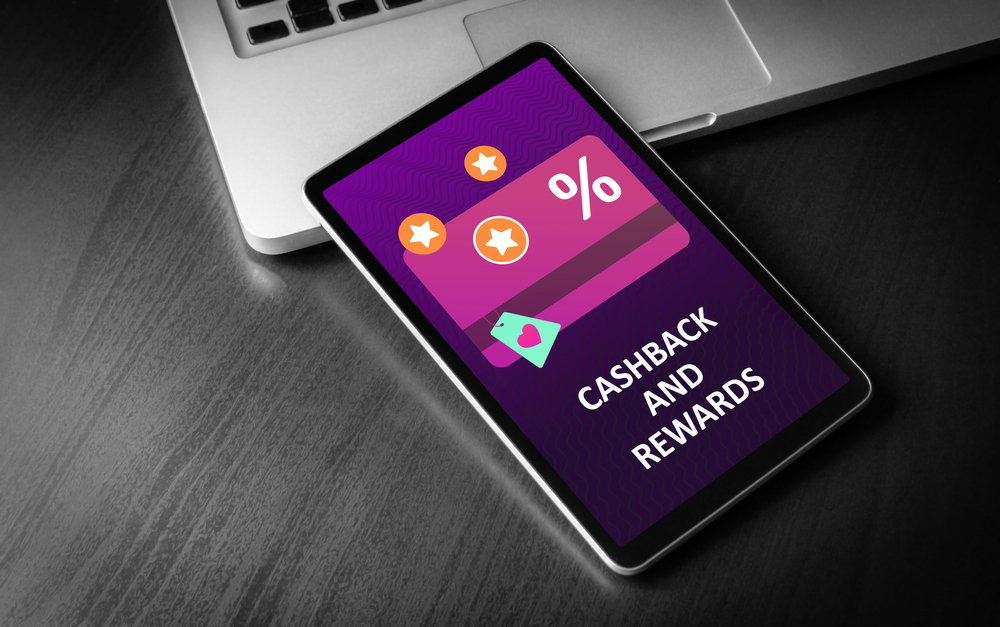
Cashback apps and reward cards can return money on purchases you already make. Grocery stores, gas stations, and retail shops often have loyalty programs. Signing up takes little time and gives you points or discounts over time. These small rewards reduce overall expenses when used consistently.
To make the most of them, pick one or two programs you will use regularly. Track points and redeem them before they expire. Avoid signing up for too many programs, as it becomes harder to manage. When done carefully, rewards can stretch your budget further.
Shop During Sales and Discounts

Taking advantage of sales and discount days is a simple way to lower costs. Many stores mark down items during end-of-season clearances. Stocking up on essentials when they are cheaper prevents overspending later. Planning around sales means you rarely have to pay full price.
To stay consistent, check flyers or store apps before shopping. Make a list of items you need and wait for deals if possible. Buying non-perishable goods in bulk during promotions saves money long term. This habit works best when paired with a clear budget plan.
Reduce Utility Use
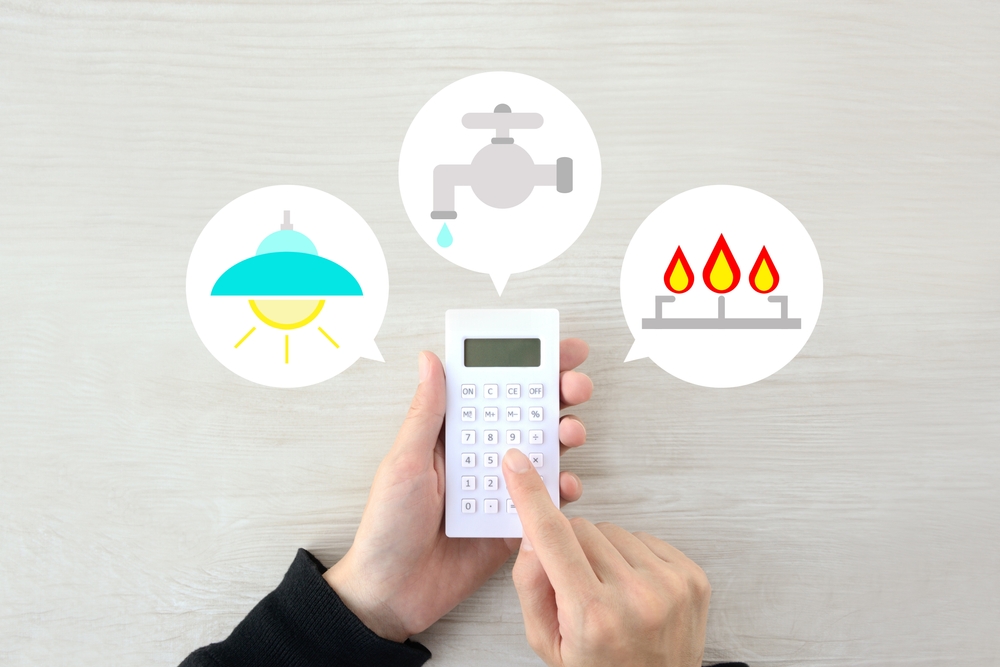
Water, electricity, and gas bills often rise due to small habits. Taking shorter showers and fixing leaky faucets reduce water waste. Lowering thermostat settings slightly can cut down heating costs. Simple changes like these can shrink monthly bills without much effort.
To keep it consistent, create reminders or set schedules for household tasks. Encourage family members to adopt the same habits. Check bills regularly to track progress and spot unusual spikes. With steady effort, utility savings add up quickly.
Refinance or Consolidate Debt
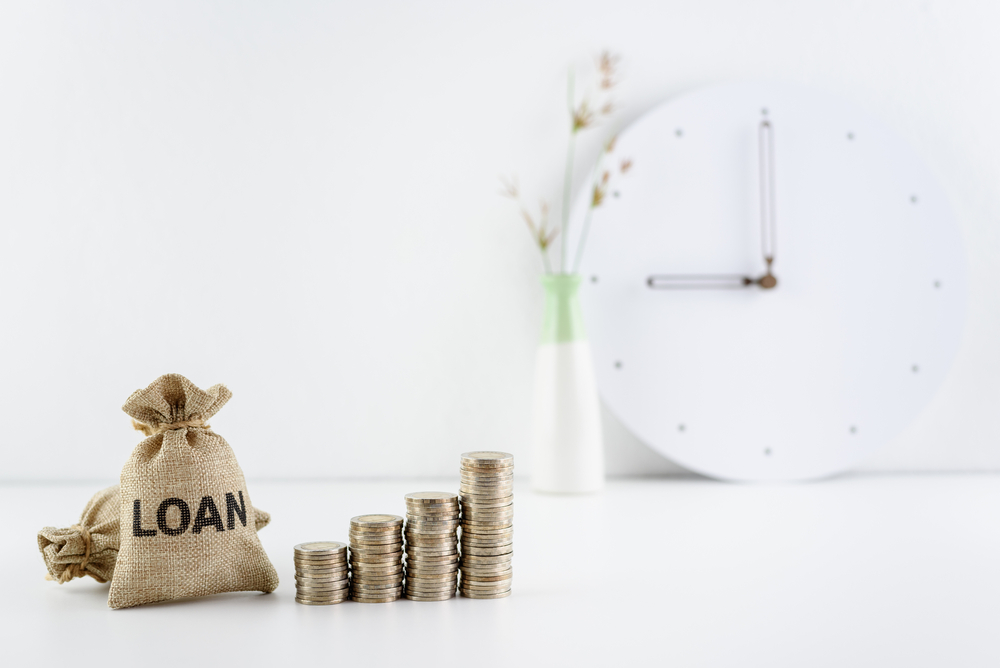
High-interest debt takes a big part of monthly income. Refinancing loans or consolidating them into a single payment can reduce interest costs. This adjustment lowers the total amount you pay each month. Over time, it can help you free up money for savings or other needs.
To stay consistent, research lenders and compare options carefully. Keep track of due dates so payments are never missed. Avoid taking on new debt once you have consolidated. With discipline, this step eases financial stress and supports better money management.
Pack Snacks and Drinks from Home

Buying snacks and drinks while outside can be costly. Packing your own water bottle and small snacks helps avoid unnecessary spending. It is especially useful during workdays, trips, or errands. These small choices save money and promote healthier eating.
To keep this habit, prepare snacks the night before. Invest in reusable containers to make packing easier. Over time, carrying your own items will feel natural and convenient. The savings may seem small at first but quickly add up.
Cut Back on Coffee Shop Visits

Daily coffee runs may seem harmless but add up quickly over a month. Brewing coffee at home is far cheaper and still satisfying. You can buy quality beans or grounds for the cost of just a few café drinks. Making your own coffee gives you both savings and control over flavor.
To stay consistent, prepare coffee ahead of time in a thermos or travel mug. Treat coffee shop visits as an occasional reward instead of a daily habit. If you enjoy specialty drinks, look up simple recipes to make them at home. This way, you still enjoy variety without overspending.
Review Insurance Policies

Insurance premiums are often higher than they need to be. Reviewing your policies can help you spot coverage you no longer need. Comparing quotes from different providers may uncover better rates. Small adjustments to your coverage can bring noticeable savings.
To stay consistent, review policies once a year. Keep records of what you are paying and what coverage you receive. Speak to your provider about discounts for bundling services. Regular reviews prevent you from overspending on insurance you do not use.
Use a Budgeting App
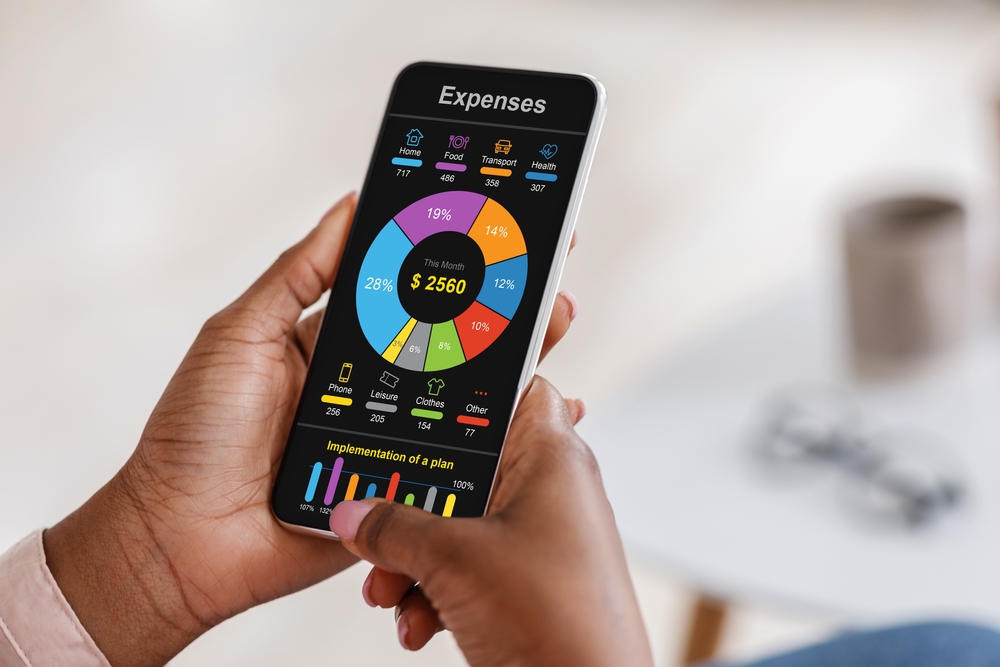
Tracking expenses with a budgeting app makes it easier to see where money goes. Many apps connect to your bank account and update automatically. Setting spending limits for categories helps you stay on track. Over time, this visibility helps you cut unnecessary costs.
To use this consistently, check the app daily or weekly. Set small goals like reducing grocery spending or limiting entertainment expenses. Celebrate progress to stay motivated. With steady use, budgeting apps keep your finances under control without much effort.
This article originally appeared on Avocadu.
